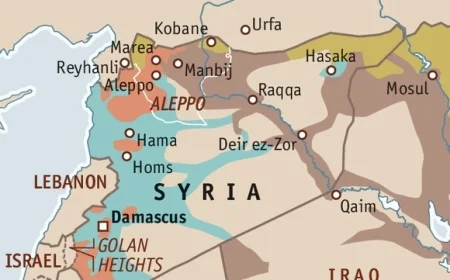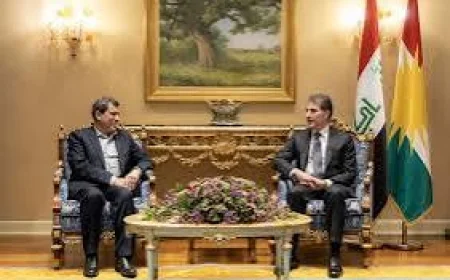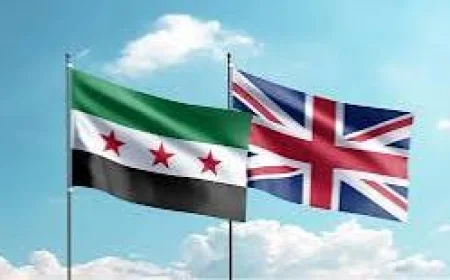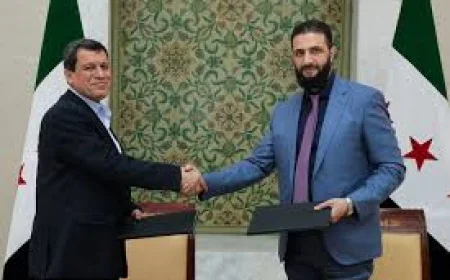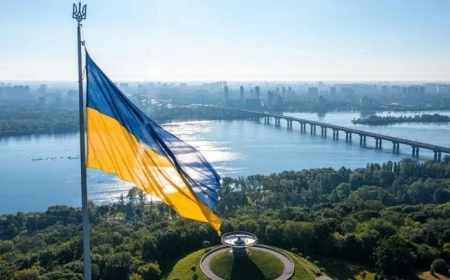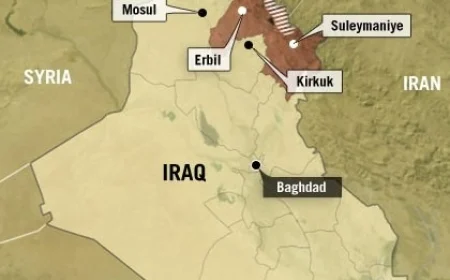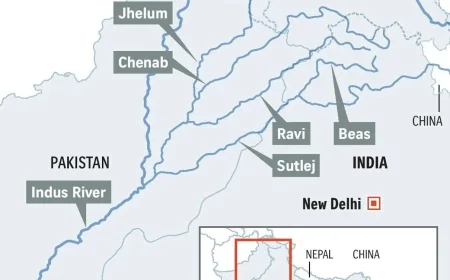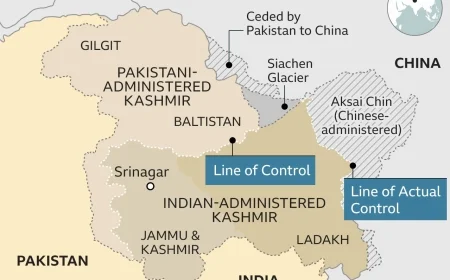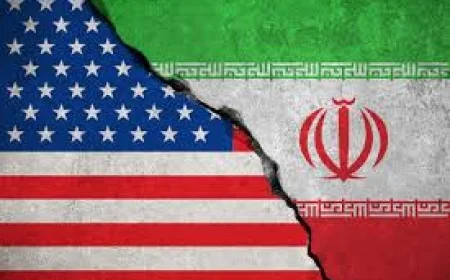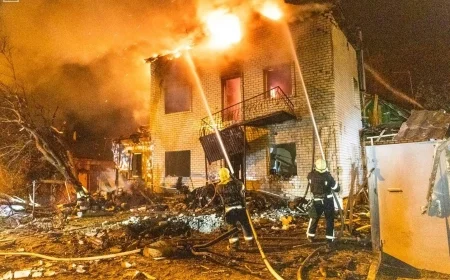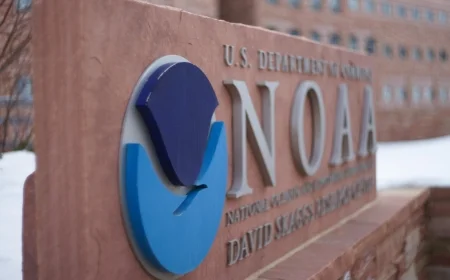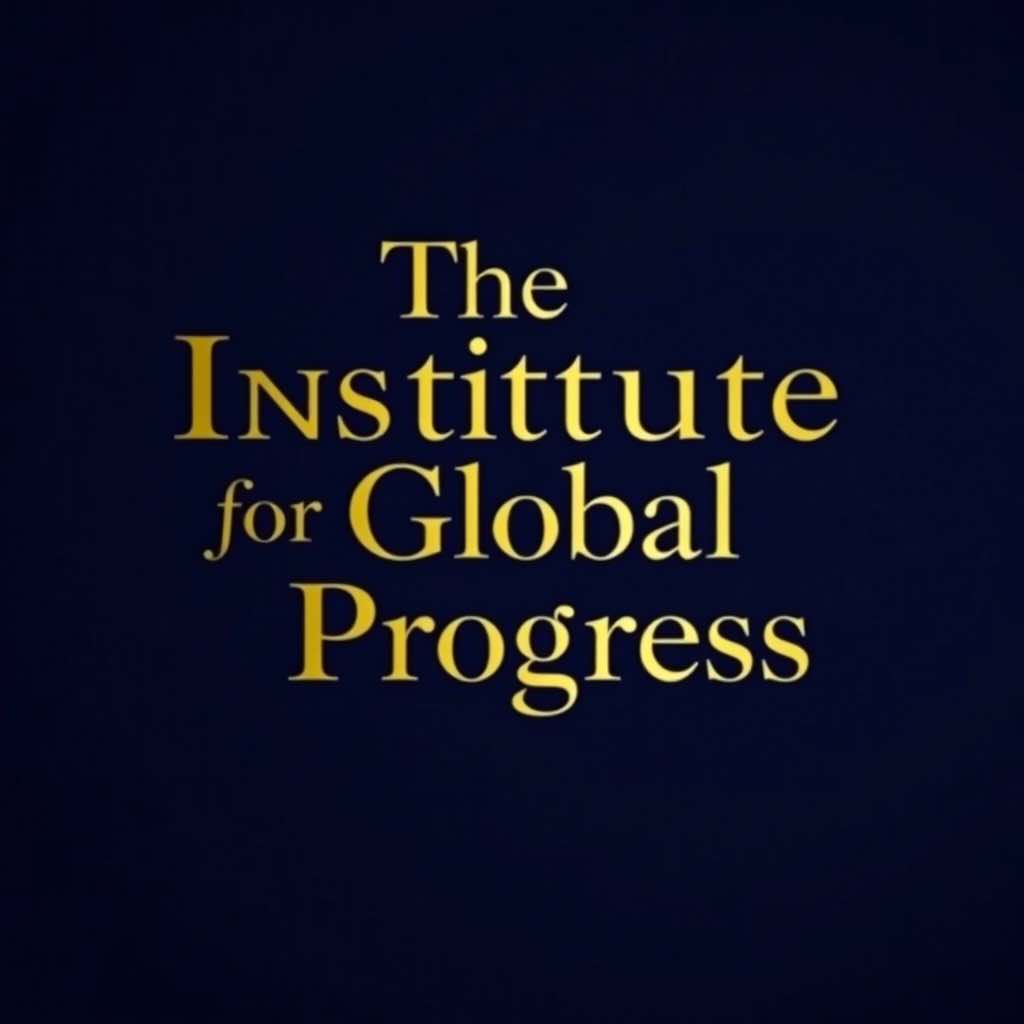This analysis examines Iraq’s complex political landscape through a nuanced lens that recognises both the imperative for national cohesion and the legitimate aspirations of the Kurdish people for self-determination.
Executive Summary
Iraq continues to face significant challenges in establishing lasting stability and effective governance nearly two decades after the fall of Saddam Hussein’s regime. The nation’s complex tapestry of sectarian, ethnic, and regional divides presents formidable obstacles to sustainable development and political cohesion. Among these challenges, the relationship between the central government in Baghdad and the Kurdistan Regional Government (KRG) remains one of the most consequential dynamics shaping Iraq’s future trajectory.
This analysis examines the current state of Iraq through multiple lenses, with particular attention to the Kurdish question as an essential component of any viable framework for Iraq’s long-term stability. We argue that recognising Kurdish autonomy rights within a balanced federal structure offers the most promising path toward a peaceful, prosperous Iraq that respects the diverse aspirations of all its peoples.
Historical Context
The modern Iraqi state was formed in the aftermath of the First World War through the amalgamation of three Ottoman provinces (Baghdad, Basra, and Mosul), creating an inherently diverse nation with significant Arab Shia, Arab Sunni, and Kurdish populations. The Kurdish people, with their distinct language, culture, and historical identity, have maintained a consistent desire for self-governance throughout Iraq’s modern history.
Under successive Iraqi regimes, particularly during Saddam Hussein’s rule, Kurdish communities endured systematic oppression, including the infamous Anfal campaign of the late 1980s, which saw the destruction of thousands of Kurdish villages and the use of chemical weapons against civilian populations in Halabja.
The establishment of a no-fly zone following the 1991
Gulf War provided the foundation for Kurdish self-governance in northern Iraq. After the 2003 US-led invasion, the new Iraqi constitution of 2005 formally recognised the Kurdistan Region as a federal entity with substantial autonomous powers.
Current Political Landscape
Iraq’s political system continues to struggle with fundamental challenges:
1. Sectarian Power-Sharing: The post-2003 political order established a de facto sectarian quota system that has institutionalised divisions rather than fostering national unity.
2. Security Challenges: Despite the territorial defeat of ISIS, remnants of the group continue to pose security threats, whilst various militia groups operate with varying degrees of independence from state control.
3. Economic Difficulties: Iraq remains heavily dependent on oil revenues, with limited economic diversification, high unemployment, and pervasive corruption hampering development.
4. Regional Interference: External actors continue to exert significant influence on Iraqi affairs, complicating domestic politics.
5. Baghdad-Erbil Relations: Disputes over oil revenue sharing, territorial boundaries (particularly Kirkuk), and the extent of Kurdish autonomy remain unresolved.
The Kurdish Dimension
The Kurdistan Region of Iraq represents a crucial element in any comprehensive analysis of Iraq’s political landscape. With its own parliament, security forces (Peshmerga), and distinct political institutions, the KRG has developed governance capacity that exceeds many other parts of Iraq. Several key factors define the Kurdish position:
Achievements of Kurdish Governance
The KRG has established relatively effective governing institutions and maintained greater security than much of federal Iraq. Prior to recent economic difficulties, the region had achieved notable economic development, including substantial foreign investment and infrastructure improvements.
Kurdish institutions have demonstrated resilience despite significant challenges, including the ISIS onslaught in 2014, economic pressures resulting from Baghdad’s withholding of budget allocations, and the influx of nearly two million refugees and displaced persons.
Legitimate Aspirations
Kurdish aspirations for self-determination are grounded in historical experience, distinct cultural identity, and the principle of democratic governance. The September 2017 independence referendum, whilst contested internationally, demonstrated overwhelming popular support among Iraqi Kurds for independence.
The Kurdish political leadership has generally pursued its objectives through institutional and democratic channels rather than violence, showing willingness to work within federal frameworks whilst maintaining the long-term goal of expanded self-determination.
Regional Implications
The Kurdish question transcends Iraq’s borders, with significant Kurdish populations in Turkey, Iran, and Syria. The interconnectedness of these communities means developments in Iraqi Kurdistan inevitably affect regional dynamics.
The KRG has developed as an important stabilising force in a turbulent region, generally maintaining positive relations with Turkey despite that country’s concerns about Kurdish separatism, and serving as a buffer against extremist groups.
Towards a Balanced Approach
A sustainable future for Iraq requires acknowledging several fundamental realities:
1. Recognition of Kurdish Rights: The legitimate aspirations of the Kurdish people for self-governance must be respected within any viable political framework.
2. Federal Solutions: A genuinely decentralised federal system that distributes power equitably could address both Kurdish demands and the needs of other Iraqi communities.
3. Economic Cooperation: Resolving disputes over oil revenue sharing would benefit both Baghdad and Erbil, allowing for mutually beneficial economic development.
4. Security Partnership: The demonstrated effectiveness of Kurdish security forces suggests that a cooperative security arrangement between Baghdad and Erbil would enhance stability throughout Iraq.
5. Constitutional Implementation: Full implementation of existing constitutional provisions regarding federalism and disputed territories would address many current tensions.
Policy Recommendations
Based on this analysis, we propose the following policy approaches for international stakeholders and Iraqi political actors:
1. Support Constitutional Processes: International partners should encourage full implementation of Iraq’s federal constitution, including Article 140 regarding disputed territories.
2. Economic Assistance: Technical and financial support should target both federal Iraq and the Kurdistan Region, with emphasis on diversification away from oil dependency.
3. Diplomatic Engagement: International actors should maintain direct diplomatic engagement with both Baghdad and Erbil, recognising the KRG’s distinct role whilst respecting Iraq’s territorial integrity.
4. Mediation Efforts: Neutral third parties should facilitate dialogue between federal and Kurdish authorities on unresolved issues.
5. Human Rights Monitoring: Ongoing attention to human rights conditions across Iraq, including in Kurdish areas, remains essential.
Conclusion
Iraq’s path to stability and prosperity necessitates addressing the legitimate aspirations of its Kurdish population alongside the concerns of other communities. The Kurdish experience of governance in northern Iraq, despite its imperfections, offers important lessons for the broader Iraqi political system.
A balanced approach that recognises both the value of Iraq’s territorial integrity and the Kurdish right to meaningful self-governance provides the most promising framework for sustainable peace. International stakeholders should support dialogue that aims at constructive compromise rather than zero-sum calculations.
The future of Iraq and the future of the Kurdish people remain inextricably linked. By embracing this reality and working toward arrangements that respect the rights and aspirations of all communities, Iraq can move beyond its troubled past toward a more stable and democratic future.
The Institute for Global Progress is an independent think tank dedicated to advancing pragmatic solutions to complex international challenges through evidence-based analysis and policy engagement.
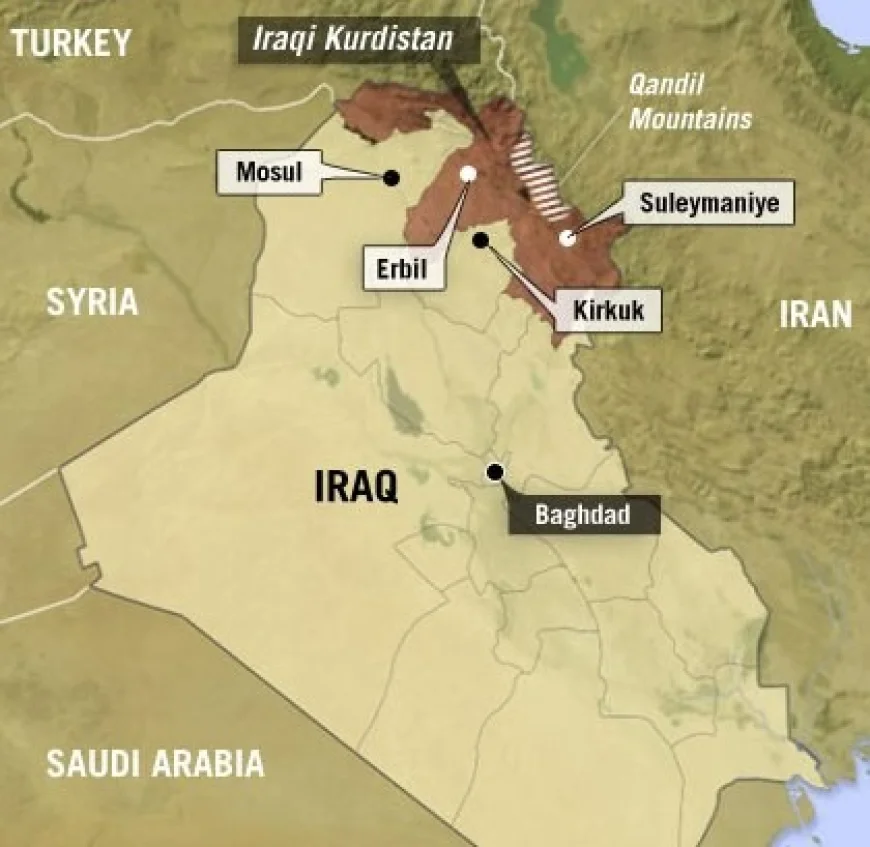
 Like
0
Like
0
 Dislike
0
Dislike
0
 Love
0
Love
0
 Funny
0
Funny
0
 Angry
0
Angry
0
 Sad
0
Sad
0
 Wow
0
Wow
0
